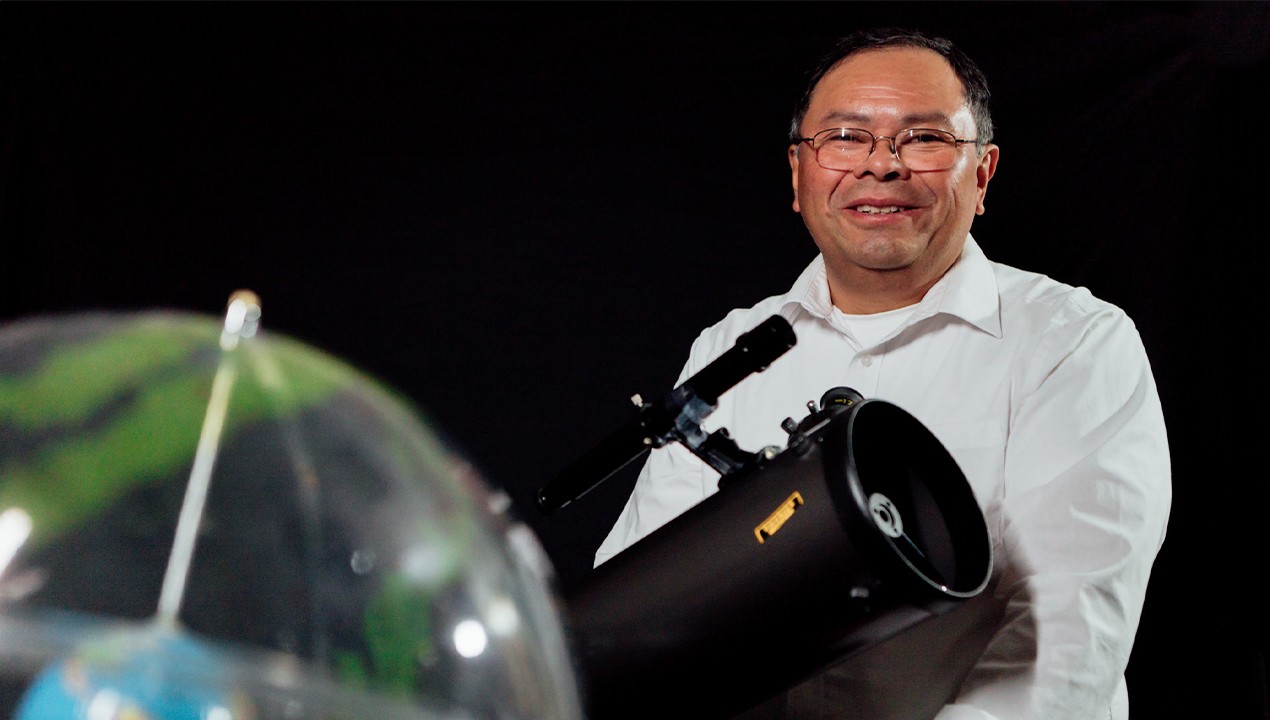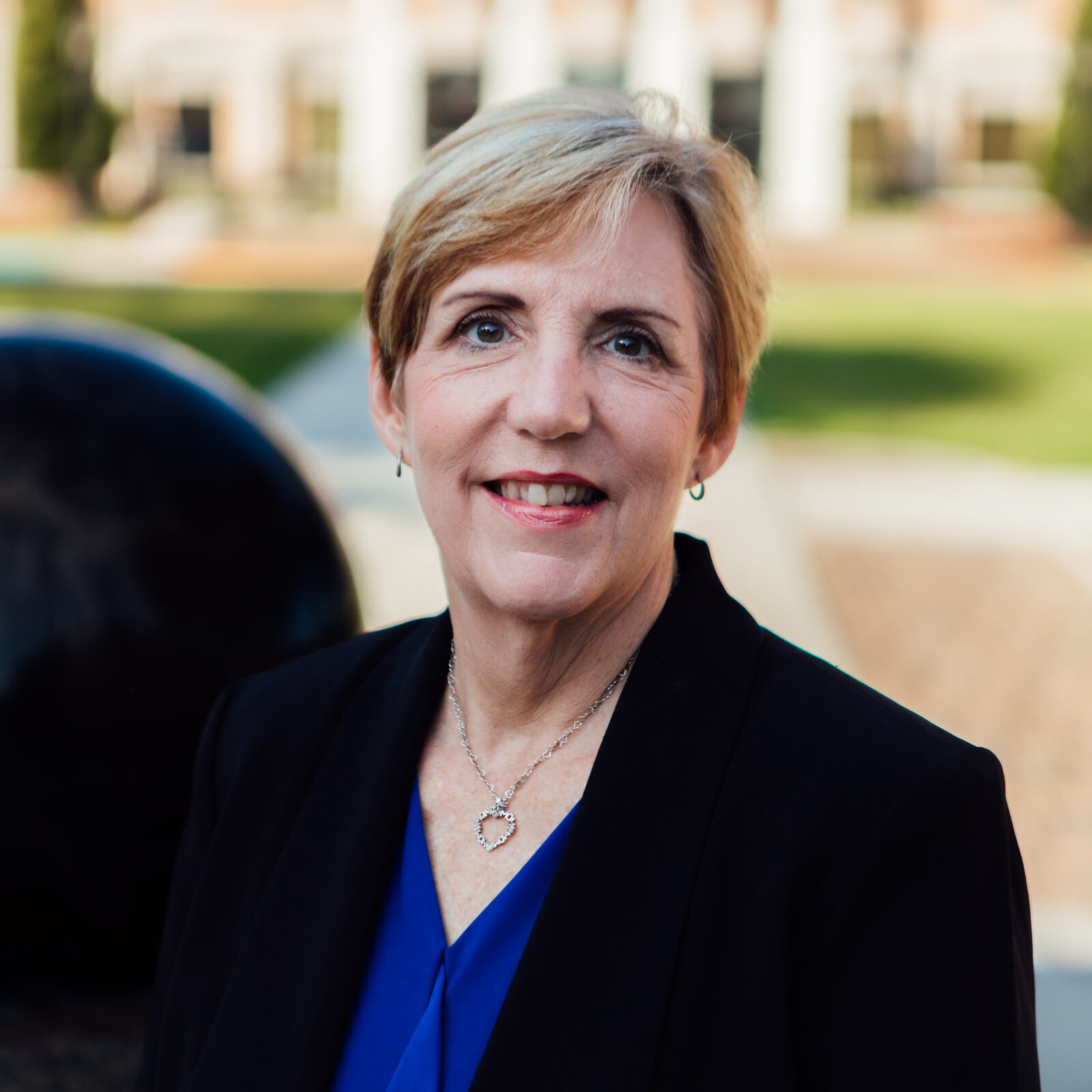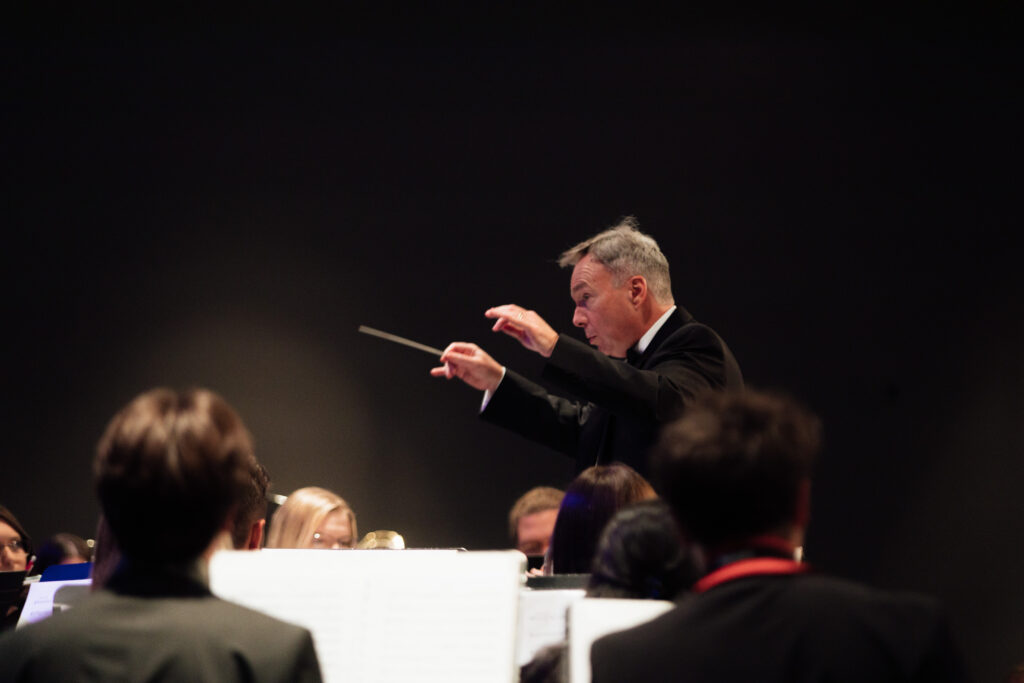Q&A with UM Physics Professor Salomon Itza

 On a clear night, when the sky is bright with stars, you’re likely to find Salomon Itza setting up telescopes on the University of Mobile’s Great Commission Lawn.
On a clear night, when the sky is bright with stars, you’re likely to find Salomon Itza setting up telescopes on the University of Mobile’s Great Commission Lawn.
The physics professor will be surrounded by students and local community members gathered for “Stargazing with Dr. Itza.” It’s a popular event held each semester when Itza shares his passion for astronomy – and helps others see the beauty of God’s creation in the night sky.
Itza’s own passion for physics started when he saw beauty in the practical application of mathematics.
“I started as a math major, but soon after college graduation I realized I would like to apply mathematics to situations, rather than only work on abstract mathematics,” said Itza, professor of physics in the College of Arts and Sciences at the University of Mobile.
When the opportunity came to continue his studies, “I chose physics because it allowed me to continue enjoying mathematics, but also relate equations to physical situations; like observing that by applying a force on an object, the object may move at increasing steps, or simply F=ma,” he said.
We talked with the professor about physics and why he loves teaching at this Christian university.
Q. You have taught at UM since 2016. What is your background?
A. My background is theoretical atomic physics. This means I spent about six years on a desk with books, physics journals and computers, then I earned a PhD in physics at Tulane University in New Orleans.
Prior to that I had earned a Master of Science in particle physics and, before that, a Bachelor of Science in mathematics, both from schools in Merida, Mexico. After Tulane, I served two years at Kansas State University in the Physics Education Research Group. Thus, my passion for serving as a professor of physics.
Q. What is your particular area of interest?
A. My doctoral dissertation was to calculate how two electrons interact, specifically in the negative hydrogen ion and the helium atom. One of the books most cited on these topics is “Electron Correlation Dynamics in Atomic Collisions,” by J.H. McGuire, who was my doctoral advisor.
Q. What courses do you typically teach in UM’s College of Arts and Sciences?
A. I am responsible for teaching physics, physical science and astronomy courses. Some of these courses are designed for non-science majors, but others are for students who chose a career in the sciences, like pre-health biology, or mathematic majors.
My favorite course is calculus-based physics, the sequence PH-311 and PH-312, because of the use of calculus to derive fundamental physics equations. After all, physics is about problem-solving processes and not “plug-and chug.”
Q. Why do you choose to teach at the University of Mobile?
A. I like that at UM we are encouraged to share our faith with our students, in the classroom or out of it. We are encouraged to be servants, and our leadership demonstrates that by example.
I choose to teach at UM because I can share my passion for physics (and astronomy) along with sharing what I have learned from the Word of the Lord. Very often my students give me different perspectives, and thus I keep on learning, a never-ending process.

Kathy Dean uses her passion for storytelling and “playing with words” to share the stories of people, place and purpose that make the University of Mobile unique. As associate vice president for university communications, she manages media relations, edits the TorchLight alumni magazine, and oversees university communications. A former award-winning journalist, she is a two-time recipient of the Baptist Communicators Association grand prize for feature writing. Kathy and her husband, Chuck, live with three extremely loud miniature schnauzers.



